By Rich Becker, Volunteer Civil War Researcher
President Abraham Lincoln (center, left) delivers the Gettysburg Address, November 19, 1863. United States Library of Congress
“That speech won't scour” Abraham Lincoln said to a friend as he returned to his seat on a chilly November morning after delivering his now-famous Gettysburg Address. Compared to the eloquence of the multiple hour orations that preceded him, some say the two minute address written en route to dedicate the National Cemetery at Gettysburg in 1863 didn't measure up to the moment.
Lincoln wouldn't live long enough to see in practice what he so simply stated in the rolling Pennsylvania countryside on that day - “that this nation, under God, shall have a new birth of freedom and that government of the people, by the people, for the people, shall not perish from the earth”.
At the southern end of St. Charles’ Langum Park lies a replica of the First Shot Marker at Gettysburg. Lt. Marcellus Jones, who fired the first shot of the battle, trained at this location with members of the 8th Illinois Cavalry before being mustered into service. TK
The circumstances leading up to the greatest battle ever fought in the western hemisphere made July 1st-3rd 1863 some of the most pivotal days in American history. It seems a book has been written for each of the million shots fired from the opening to the close of the engagement. The first of those fateful shots is credited to Lt. Marcellous Jones, an 8th Illinois Cavalryman who mustered and trained here in St. Charles, IL at the site of Camp Kane (Langum Park today).
The most decisive moment occurred when a spectacular charge by Robert E. Lee's Army of Northern Virginia was repulsed by the Union Army of the Potomac, who held the strong tactical advantage during the battle's entirety.
By the summer of 1863, Lincoln had changed the course of war from the singular objective of preservation of the union to include the emancipation of the slaves. This was largely done not as a result of Lincoln's moral obligation, but to create a political quandary that would keep Britain and France from entering the war on the side of the Confederacy, and a move that would change the outcome of the war and forever change the future of our nation.
In July of 1863, 150,000 men would make war on each other for three days in an otherwise quiet Pennsylvania town. Medal of Honor recipient Joshua Laurence Chamberlain, facing imminent assault on his 300 man regiment by 10,000 confederate soldiers on the afternoon of July 2nd, would shout:
“Stand firm you boys from Maine, for not once in a century are men permitted to bear such responsibilities for freedom and justice, for God and humanity, as are now placed upon you”.
The 48,000 casualties of the Battle of Gettysburg are overshadowed by bloodier clashes, and several others in the same war, but Lincoln's perspective on what the battle really meant to the nation is one of the watershed moments in American history:
“...from these honored dead shall not have died in vain...”
In July of 1863, the country was being torn apart by extremely polarizing social issues - placing father against son, republicans against democrats – there were riots in major cities over the treatment and death of humans of African decent - the fabric of America was stretched to its limits in ways it never had before, and may never be again.
Yet the message communicated by Lincoln on that fall day in 1863 was not having more bloodshed to reconcile a country that was, but to honor the blood shed by working together to achieve a new country – one that recognizes its deficiencies in equality, one made of the same people, by the same people, and for the same people.
I guess that's why they say those who don't learn history are doomed to repeat it.
Members of the 8th Illinois Cavalry at a reunion in the early 1900s. SCHM Archives
Rich Becker is a volunteer Civil War Researcher for the St. Charles History Museum. He has compiled over 500 hours of research regarding the 8th Illinois Cavalry, Camp Kane, and local connections to the Civil War.
Learn more about local connections to the Civil War by visiting campkane.org







